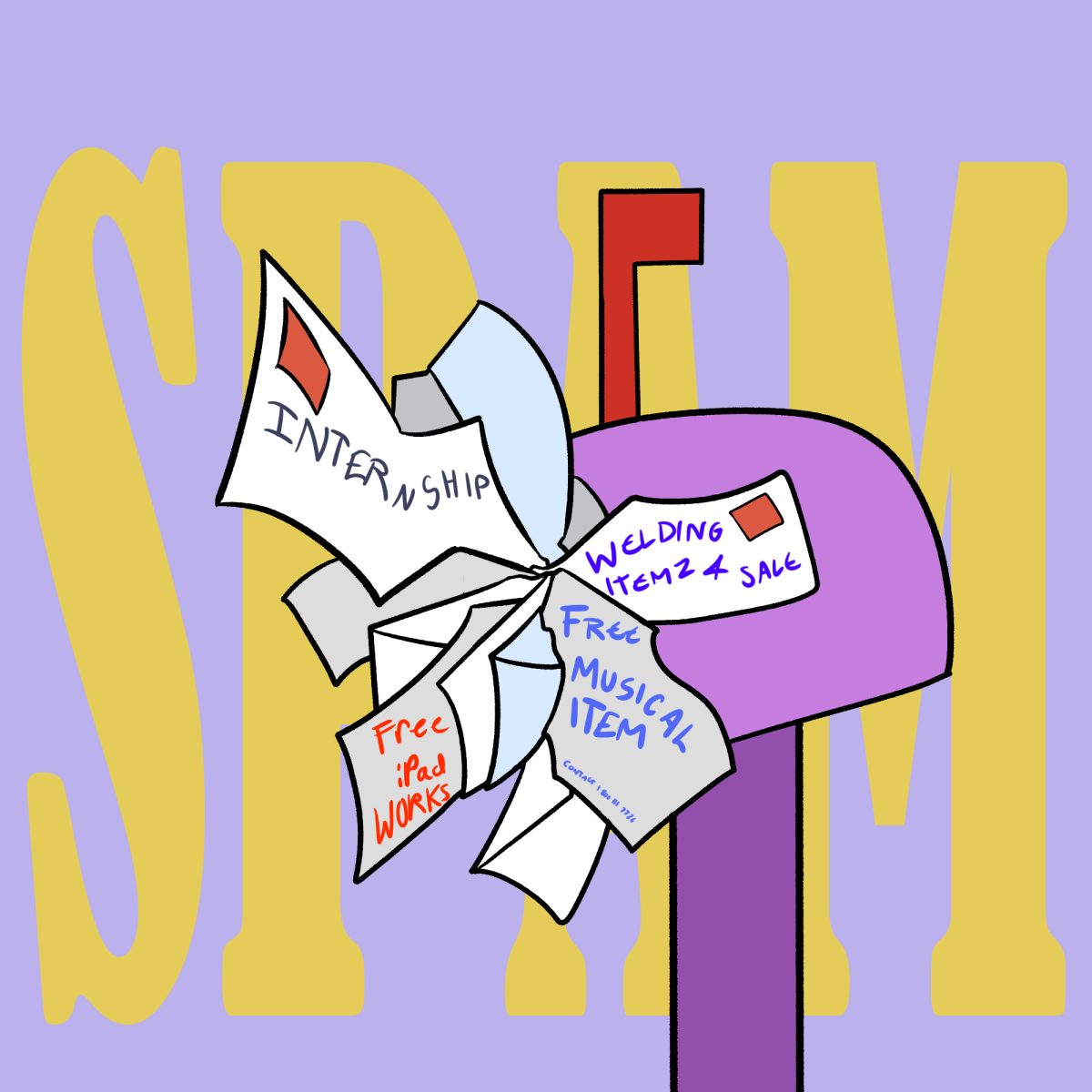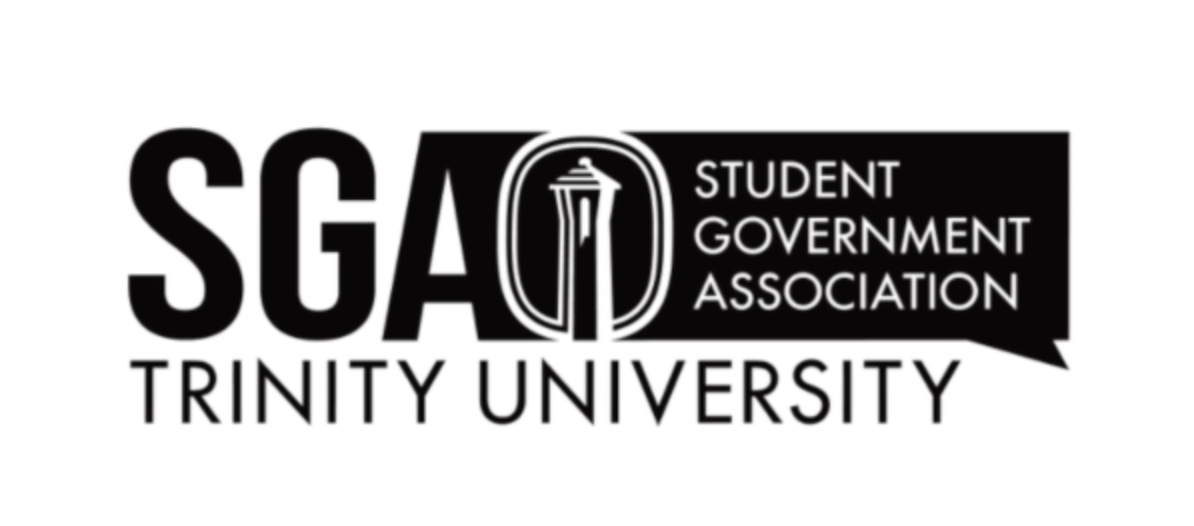On Friday, Oct. 11, an email from Trinity University’s Information Technology Services (ITS) went out to students and staff warning them of a scam email. The aforementioned scam appeared as an email from a Trinity email address, offering free instruments and technological devices ranging from Steinway pianos to a Mavic Quadcopter Drone.
While the items were free, the shipping costs ranged from $100-$500, and the email instructed interested parties to contact a phone number with an area code registered to central Michigan. The email turned out to be a scam. The scammer used a coach’s email to gain access to Trinity’s network.
Sophia Dawson, sophomore biology major, said that when she received the email, it was not obviously a scam.
“I was kind of a little excited,” Dawson said. “I play guitar and piano. I was looking through it and I was like, ‘Oh wow, there’s some free instruments. You know, that would be great.’ But I looked at it and it was kind of a little sketchy because [of] the grammar … But I looked at the receiver or the person who sent it, it was a Trinity e-mail, so I was like, ‘Oh, probably reliable.’”
While Dawson herself did not reply to the scam email, she voiced frustration about Trinity’s lack of technological security.
“I don’t think it ever should happen” Dawson said. “You guys [Trinity University] have so much money, you know. You just use your resources and have good networking security.”
While scam emails are fairly common, this one in particular had some differences that stood out. John Rowse, TUPD assistant chief, provided more information on the unique nature of this scam.
“It was sent from one of the coach’s emails. So it mimicked the coach’s email stating that all these instruments and various items were for sale if you would pay the shipping cost to have them sent to you,” Rowse said. “The coach had no idea that it happened.”
Rowse stated that Trinity’s response was rapid and thorough. He said TUPD sent a warning email out the same night it was reported, and ITS responded shortly after.
“We found out at about 7:00 [p.m.], and by 11 o’clock we sent out the thing [email about phishing],” Rowse said. “I don’t know how often ITS sends out stuff to the students, but like a day or two after this … they sent out one [email] about phishing scams. And then they assign training for everybody again, which they do on an ongoing basis even without this happening to kind of show you all these things to be aware of and look for in your emails,” Rowse said.
In order to avoid scams such as this in the future, Rowse had one major piece of advice.
“If it seems too good to be true, it’s probably too good to be true,” Rowse said.
Trinity’s IT Services also had advice for students trying to avoid online scams and phishing. Arturo de los Santos, senior director for strategy and partnerships, gave a few tips that students and staff can apply to be wary of scams.
“The red flags are typically urgency, you know, ‘We need your immediate attention.’ Something to that matter, something that obviously doesn’t just not look or feel right,” Santos said. “Even though it was a Trinity account, sending information … You probably would want to talk to the person first before you send anything.”
Beyond just watching for red flags, Santos noted other ways to protect your account.
“Number one is strong password, you know characters; uppercase, lowercase and numbers. … And then multi-factor authentication. So if students or anybody for that matter is not using that on their own Gmail or personal Gmail account, that’s something they should probably implement,” Santos said.
If you or someone you know has been scammed, contact TUPD non-emergency at 210-999-7070 or Trinity’s ITS department at 210-999-7409.







